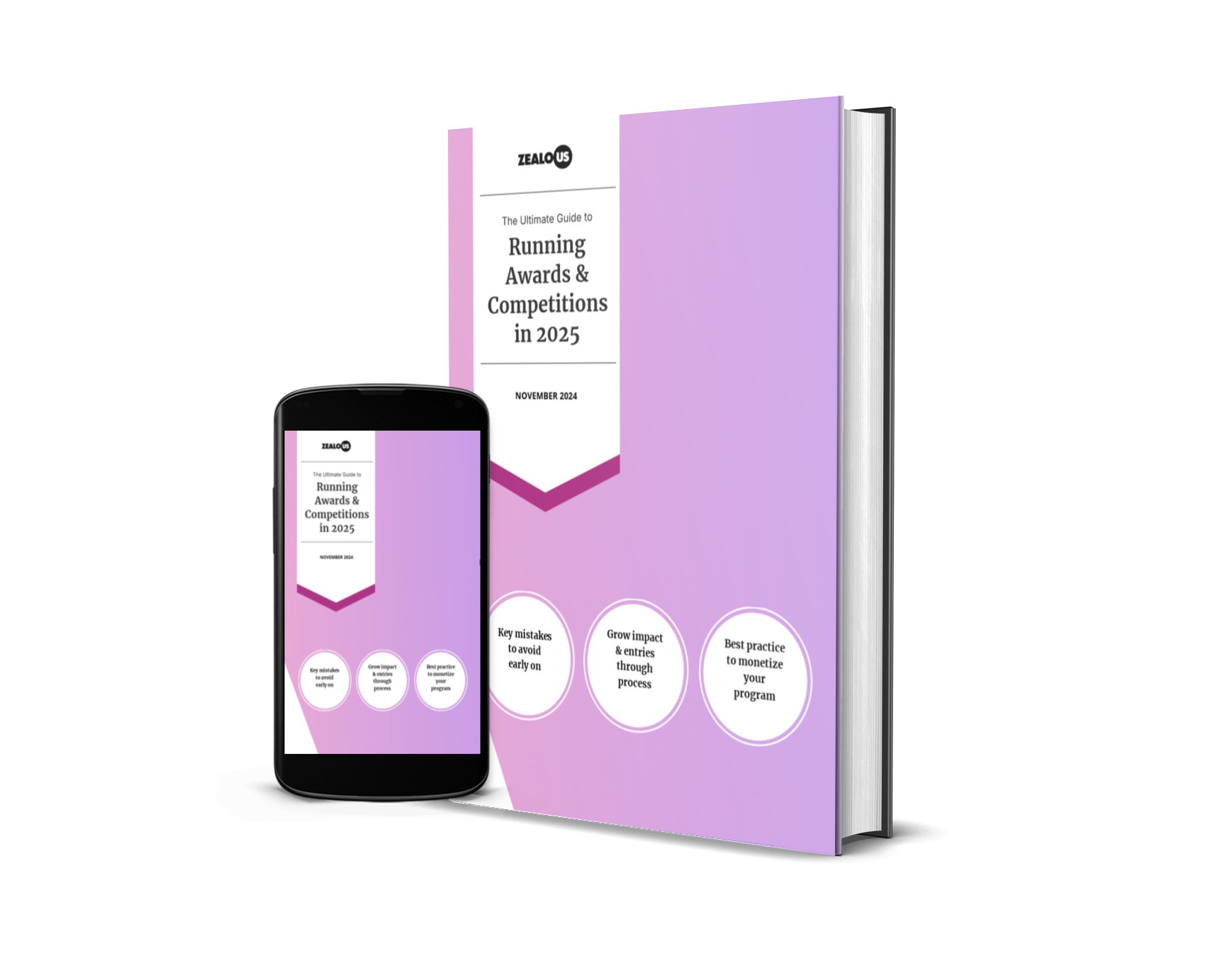However, without a well-structured timeline, it can quickly become harder to focus on what you are looking for. By planning every step from start to finish, it will become a better experience not only for you but for your participants and judges. After seeing many opportunities come and go on our platform, we have put together a guide on how to schedule yours perfectly.

Consider your objective
Starting with your aims and asks is an important place to start. Are you looking to run an exhibition, commission someone, or give out a grant? All of these come with different requirements and take different amounts of time to prepare. Take for a example you want to give out a grant to a small business. The applicant will have to put together a proposal, find examples of past projects, and maybe put together financial information. This process will likely take longer than submitting a pre-existing artwork.
Allowing time for submissions
Typically, submissions may be open for one to two months. However, you again need to consider your audience and the complexity of your needs. Does the work that is being submitted need to be made especially for the call? Are you asking for a proposal or plans? Do they need letters of recommendation to apply? All of these things will lengthen the submission period.
It is also key to think about when you are launching. Is your launch date near a public holiday or school holidays? You need to think about whether there will be a blocker to people applying. For example, we have run an open call which coincided with the school six weeks holiday in the UK. This is a time where many people may be taking time off for holidays or child care. In this instance, we left plenty of time before and after the school holiday to allow for people to submit.
Promotion and marketing
Without effective marketing, timelines lose their significance, as potential applicants may not be aware of the opportunity. To gain further insights, I spoke with Carmela Vienna from our marketing team, who shared her experience in promoting our open calls:
“If you’re starting your marketing on launch day—or worse, a week before the deadline—you’re already on the back foot. You should be building anticipation before the launch to help warm up your audience, giving them time to prepare their entries, follow your updates, and feel more inclined to submit. A solid open call strategy has many moving parts, and you should start planning at least two months before launch—not two months of constant work, but enough time to thoughtfully map out your strategy, schedule content, and automate messaging. The earlier you begin, the smoother your launch will be and the more quality entries you’ll be getting.”
Communication is key
When you have arranged your timeline, you will need to communicate this with your audience. Everyone needs to know specifically when they can start applying and when the deadline is, as well as when they can expect to hear the results. Not giving an expected result date will probably increase anxiety in the applicants but also increase the workload for the organiser because applicants will contact to ask when results will be released Make sure this is included on all promotional materials and in any messages you send out. All timelines should also be shared with judges.
Monitor and Adjust
Sometimes, as you near the end of the submissions period, you may find that you need to extend your deadlines. This may be because you have not received as many submissions as expected so keeping it open longer will help you to hit your targets. If you do extend, make sure you effectively communicate this.
Example – Zealous Amplify
To show you how we have structured an open call, here is our timeline from Zealous Amplify.
| Opens | Closes | Results | |
| Submissions | 4th September 2023 | 23rd October 2023 | |
| Longlist Judging | 4th September 2023 | 13th November 2023 | 20th November 2023 |
| Shortlist Judging | 20th November 2023 | 5th December 2023 | 14th December 2023 |
| Final Judging | 14th December 2023 | 29th January 2024 | 18th February 2024 |
There are a few things to note about our timeline. We allowed longlist judging to start when submissions opened as this was done internally and we wanted to allow ourselves flexibility to fit in judging with work schedules. This was especially important as this was when we had the highest number of entries.
The final round of judging was also longer than usual. This was done by external judges and due to the overlap of Christmas, we wanted to make sure that there was plenty of time to allow the judges to celebrate.
To summarise, every open call that is run will be completely different and timelines depend entirely on what works best for you. And remember that you can always tailor your timelines during your process to make them more efficient.
Want us to write more content like this? Give it a like
Share










